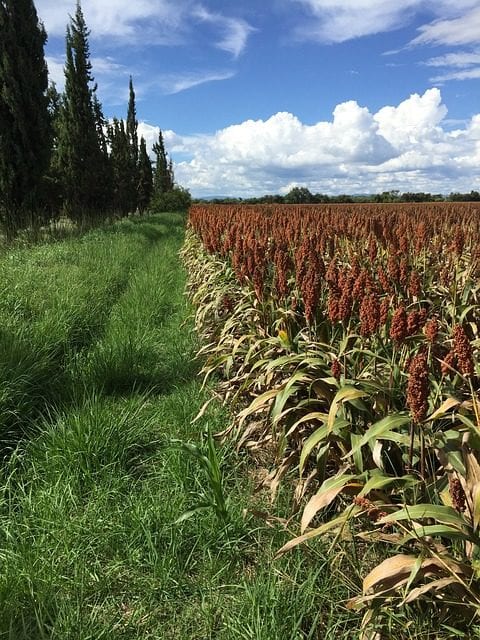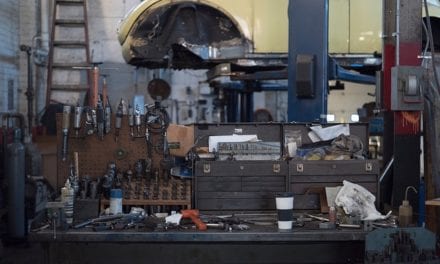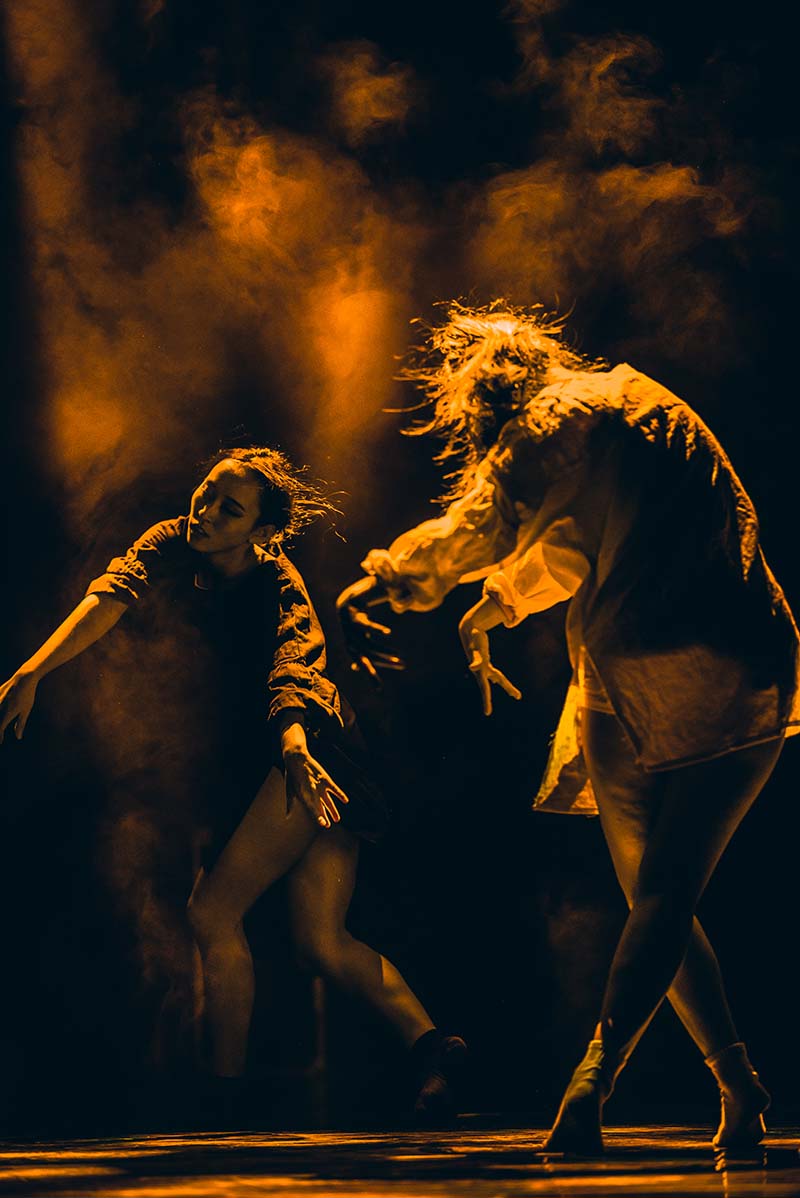You are in Slow Country now. Agonizingly, frustratingly, overbearingly Slow Country. Country so slow it buzzes, like bees on a summer day so hot there might not be any bees, might just be your ears playing tricks on you. Country so slow it churns like a great machine, rolling down the river from the north. Country so slow it hums like a radiator, pumping out heat.
Country so slow it echoes, like a mourning song in the field, rolling and boiling and folding over itself in ‘lasses-thick languidity. You ever seen ‘lasses roll? Bubbling up like something living, moving like water-but-not. Thicker than water; magma from the earth. Too slow to really be called a liquid, bubbling up and letting out slow fire.
That’s the first thing you notice, coming through. We’re slow here– slow like sorghum.
It’s hard to get here on purpose. Harder still to leave if you’ve come by mistake. Easier to push through if you know what to watch out for, but we’re always here for those who don’t. And, anyway, even if you make it back out it’s hard to go anywhere else. We’ll tell you that now: Plenty of people get out of here, only to realize they’ve got sorghum-hearts. They come right on back, and we’re still waiting.
We are Slow Country.
This didn’t used to be a bad thing. Slow Country used to be normal. We used to be everywhere.
Now we’re here. That’s mostly on account of the roads. Big Highway doesn’t come near– close, maybe forty minutes out of your way if you know where you’re going. You don’t.
Funny cat, that Big Highway is. They ran him all the way from the southern tip of the world to the north, ferries people from South Florida to Canada. Used to be the river did that, but not so much anymore. River’s far from here, but she’s got sorghum too. Like cotton in her veins.
Big Highway brings people up the whole east coast of Georgia, over the Tennessee and into our country, but just before he might’ve hit us he cuts back east to Knox.
So you can’t get here with him. Can’t come speeding in. You find us slow, on our terms. In Our Country.
So you’re coming down from Knox or even just from Chatt, taking Middle Road since Big Highway’s being petulant. Middle Road passes just to the side of us, cuts through land that’s ours by right. All land’s ours by right, and we’re letting you squat. But this: This land is ours, de facto.
That’s when you see us, first. Our people, milking the Road for all that we can: We, we scant-mouthed foreigners in our own land. Our fruits caramelize in the summer thick, our disparate signs suggest that you stop, request that you stop, beg that you stop.
You do not stop. You sense the danger– the heartbeat of the land pounding through you. You feel the sorghum squeezing things, keeping things warm and slow.
You put your foot down on the gas and turn up the AC and speed onward, and ignore us, and fly down the road towards where you hope to find the border of this Slow Country.
Once, there was no border of this Slow Country. Someday there will be no border again.
You may feel that there is something unnatural here. That is a popular mistake, to call this abnormal. This is all perfectly natural, and perfectly normal, but that doesn’t stop the Big Highway people from getting superstitious. They do not like the kind of fear we put into their hearts. They feel it, they know it, but they have lost the names: the sickly sorghum, the warm blackstrap on their hearts.
Big Highway people, detoured down Middle Road, they search for the terms and they come up blank. They call it ghosts and witches and then they get a little further down the road and they call those things superstition and get a little further and say superstition doesn’t exist and by this time they think they have left Slow Country behind, and feel better.
This is one tactic. This is one thing you may say to yourselves. It is easy enough to banish superstition if you have left Slow Country behind– but it isn’t gone, no, not any more than we are. Superstition belongs to us, to we: the Slow Country, and they have not banished the witches and the ghosts any more than they have banished the thing which the witches are, really: the slow panic, the sorghum-weight heavy on their hearts.
This is all perfectly natural. You see us, selling ourselves, selling the Slow Country in mason jars and recycled bottles, sending out our spores to settle around the world. Nobody ever buys, not if they are going far. This is alright– we have other ways to grow. Your radio hisses a warning, but you filter it out. White noise, like a summer bee.
You see us, caramelizing in the sun, and you panic. You hit the gas. That’s alright. So does everyone else. They speed on back to their Big Highway lives where they cannot see the sorghum lurking, coating the roots. And then they feel better.
This is the instinctive response. And anyway, if it wasn’t natural then why would you have an instinct?
Everyone hits the gas, and some even make it out of Slow Country. They overwhelm us with their speed, and escape. That is good for them, to escape and banish the slow panic seeding in their heart. It is good for them that they hit the gas.
You hit the gas, too, but it is not so good for you. The tank is low, and you pull off the Middle Road and onto the Little Way, onto our sorghum-slick path. The exit ramp rumbled beneath you– until the stillness settles in. Then you are on our road, and the blackstrap is crawling up your chin, looking for a way in.
The exit sign had a little picture of a yellow clam highlighted in red, and you tell yourself that that is why you have come. This is a ridiculous claim. You are four hundred miles from the ocean. How would a clam get here?
You pull into the parking lot where the yellow clam lives, and get out of the car. You decide to stretch your legs, and get some air. The heat is merciless, the air sorghum-thick.
You realize you’re holding your breath. You gasp. The blackstrap climbs into your mouth.
Inside the station is one of our people. They are young. They have only a thin layer of sorghum over their heart. They have forty years more until it will grow strong enough to squeeze into the pulmonary and suffocate them. In Slow Country, forty years is forty centuries. They are humming along to the song on the speakers. It is tinny, but rich like ‘lasses.
You buy sorghum-laced snacks. You walk back outside. You pump the gas. You drive.
It is not until you’ve finished the food that you realize you turned the wrong way out of the gas station. There is Sorghum in your mouth, like our cotton-wad cousin. No wonder it was taking so long to get back to the Highway. You’ll find somewhere to turn. You turn off the AC.
You keep on going straight. You are in no hurry to turn.
This is how you come, by mistake and by accident, to Slow Country. This is how you discover us, emerging suddenly from the woods into the farmland, and then from the farmland to the farmhouses, and then from the farmhouses to the houses.
And all the way, there are no driveways. You consider making a U, but it is too late. You have arrived, and there is sorghum creeping down your throat.
The town is small. To clarify, we are not the town, and we are not the townspeople– but we live here. We wait here, for you. The stillness has fallen over everything, over the engine even, over your heart, and you drive, in awe at our majesty.
The town is nothing. Another clam station. Bob’s Market. The Faith Baptist Church. These things do not matter, except to provide matter to the force. We are Slow Country, and they are Made Slow Like ‘Lasses. Sorghum slick, all of them.
Sorghum slick the station. Sorghum slick the gas pumps. Sorghum slick the windows, and the walls, and the chips and the candy and the beer in its special refrigerated cabinets and the coke in its normal refrigerated cabinets. All of it, Sorghum-slick.
Sorghum slick the Market. Sorghum slick the Houses. Sorghum slick the steps, and the pillars, and the cross above the door of the House of God. You hurry through town, you pass a side street but don’t bother turning now.
You are coming to us, to the place where we live. You see it, and pull into the parking lot, and decide to go for a walk.
This is all perfectly natural. There is Sorghum approaching your heart.
MOLASSES COUNTY, HISTORICAL CAFE AND MUSEUM.
And on a smaller sign, hung beneath
PIZZA CALL IN ORDERS WELCOME, 311-555-2368.
This is where we live. This is where we feast. You approach the porch, put one foot on the Sorghum-creaking step. A woman– a Sorghum-Woman, you know, one of our people– smiles at you, asks: Tour or Lunch?
Your heart beats, pounding even through the Sorghum-silence.
Your heart beats, pounding even through the Sorghum-silence.
Your heart beats, and the Sorghum-silence is broken.
You make your apologies, and you turn, and you walk briskly back to the car. You turn the key in the ignition– you’d left, you realize, the key in the ignition, but you couldn’t hear the engine before and now you can, and it is a comfort to you. You turn the AC up to freezing. You pull out onto the road, going back the way you’ve come. You make it to the highway in triple time, delighting in the sound of the engine, of the tires, of the hissing radio.
The sound of the driving changes, when you reach the Middle Road. Higher pitched, faster and smoother. Soon, you’re back on the way to wherever you’re headed.
You see us: We, the Slow Country. We, the disparate, the foreigners in our own land, begging you to come to us and carry us to your home, like aliens in an old movie. We demand an audience with the leader.
You see us, and you put your foot down on the gas and the engine growls appreciatively and you speed onward, and ignore us, and fly down the road towards where you hope to find the border of this Slow Country.
You find it, and you are gone, and life is easy. The rest of the drive– the long hours you have left– they fly before you. You are back in Quick Country, back on Big Highway.
You reach your destination. Things go quickly. You get back home. Things go quickly. Little spores cling to you, and you brush them away. Little lives, gone quickly.
Your life, quickly. Growth, quickly. Age, quickly. Tire, quickly.
Reflect. Mourn. Quick.
Your heart turns over, slowly. Like a key in an engine– but slower. Like a great machine, churning down the river. Like a mourning song, echoing in the field.
A different trip, an unlikely number of years later, in a different car with different gas-mileage, traveling the same stretch of the world to a different destination.
You exit Big Highway. You depart, and return.
For there is Sorghum in your heart.




















